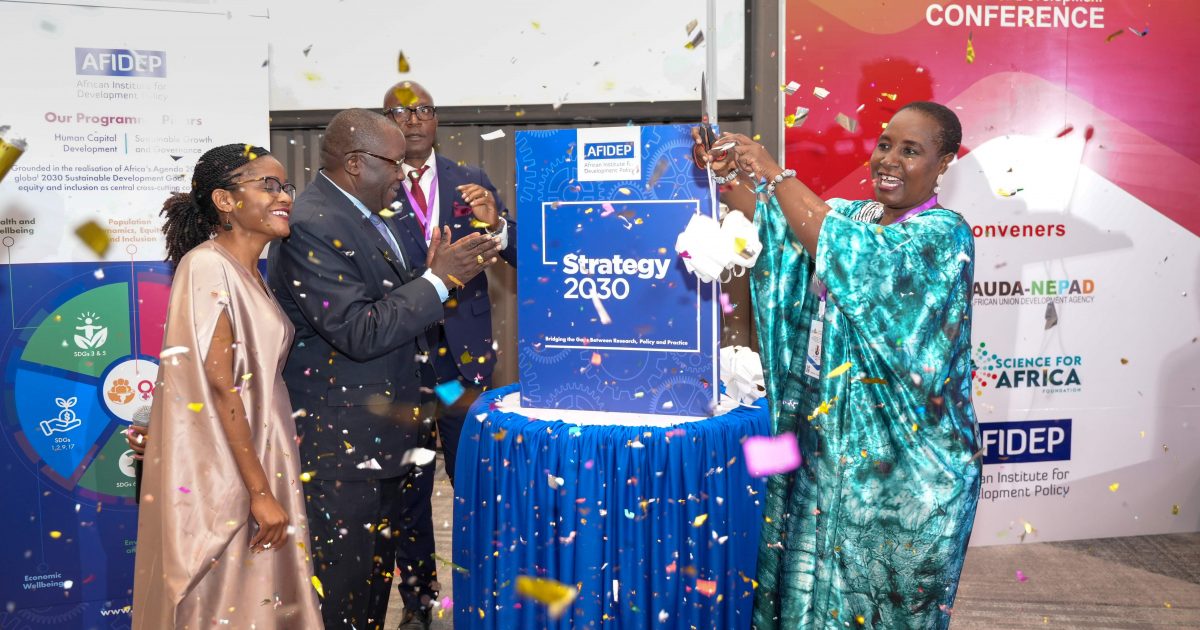A resounding call for inclusive governance reverberated out at the Evidence for Development Conference held in Nairobi this week, where delegates urged that Africa's future under Agenda 2063 must be anchored in equity.
Gathered under the theme "Strengthening Evidence-Informed Policymaking in Africa," policymakers, researchers, and civil society leaders warned that despite progress, vast segments of the population-women, youth, persons with disabilities, rural communities, and informal workers-remain systematically excluded from decisions shaping their lives. "We cannot talk about development while millions are locked out of education, healthcare, land, capital, and leadership," said Dr.
Ann Ninsiime, Lecturer at Makerere University's School of Women and Gender Studies.
Agenda 2063, the African Union's development blueprint, envisions a people-driven continent that unlocks the potential of youth and women.

